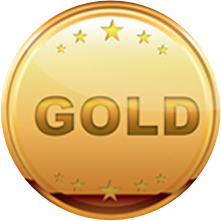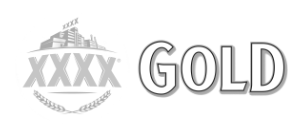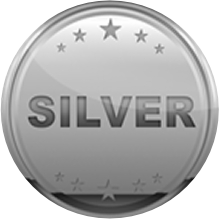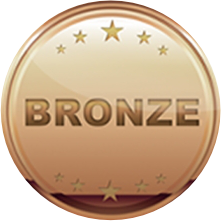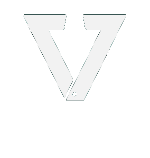Bronze Medallion Course
Bronze Medallion requirements
- 15 years of age at assessment
- Complete a Pool swim of 400m in 9 minutes or less
A surf lifesaver is a trained volunteer that patrols our beaches on the weekends. Becoming a surf lifesaver is satisfying, fun and rewarding.
Surf lifesavers undertake a number of roles including aquatic rescues, providing first aid and emergency care and providing surf safety information to the public. The Surf Rescue Certificate is a stepping stone to the full Bronze Medallion that is generally the minimum standard required for full patrolling duties. The Surf Rescue Certificate was originally intended for young people aged between 13 and 15 years, however, anyone over the age of 13 can qualify at this level. The Surf Rescue Certificate is the minimum standard required for water safety at Nippers and similar events.
The Bronze Medallion course provides participants with the skills and knowledge of patrolling and surf awareness in order to be able to participate in lifesaving operations.
What qualifications or prerequisites do I need?
- Qualifications - no specific qualifications
- Prerequisites - no prerequisites
- Other important requirements - You must be able to swim 400m in under 9 minutes in a pool of at least 25m in length or over a measured open water course, prior to undertaking any water training or assessment activities. If you believe you already possess some or all of the skills and knowledge of this award, or who have received one or more of the related units of competency, you may wish to apply for Recognition of Prior Learning (RPL) or Credit Transfer. For example, you may apply to receive RPL if you are transitioning from your Surf Rescue Certificate to the Bronze Medallion. You must be at least 15 years of age on the date of the final assessment.
Duration
The SRC course is typically run over 8 weeks with one weeknight for theory and one day on the weekend for practical. However, each course schedule can vary depending on trainer availability, weather conditions, and facility availability. Specific schedules will be issued for each course.
Course Outcomes:
- Contribute to the management of work health and safety (WHS)
- Follow workplace procedures for hazard identification and risk control
- Describe surfing and environmental conditions and hazards
- Recognise appropriate beach types, conditions and areas in the surfzone for bathing
- Demonstrate surf skills
- Explain the functions of various systems in the human body
- Perform cardiopulmonary resuscitation (CPR) techniques
- Perform basic resuscitation techniques (oxygen therapy, defibrillation)
- Identify basic patient management techniques
- Communicate in the workplace
- Perform radio communications using approved SLSA radios
- Perform patient approaches, support and escapes aided by equipment on a conscious and an unconscious patient
- Identify people in distress in an aquatic environment
- Perform surf skills
- Perform patient retrieval and support unaided by equipment
- Set up a patrol and describe your role on patrol
- Demonstrate standard patrol practices
- Work as part of a team
- Improve fitness
Support Coolum Surf Club
Not ready to become part of Coolum Surf Club but still want to help?
It takes a lot of money to run a surf lifesaving club; from the equipment needed on the beach (vehicles, boards, IRBs, first aid kits, defibrillators etc) to administration and training to facilitate patrolling.
So if you can't join us, support us through one of the following options.

